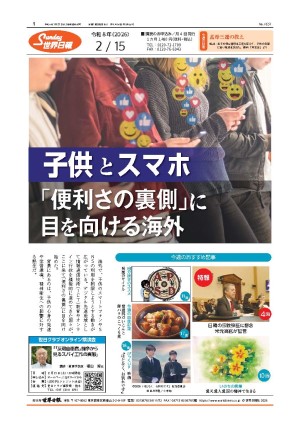懸念される台湾海峡/Concern in the Taiwan Strait
困った候補者が立っているわ、選挙が近づいているわ、という時、どうしたらいいか悩んだら、どこの民主主義国家の政党にとっても、台湾のケースは、教材になるかもしれない。台湾は、その政治は常に国として生き残れるかどうかが懸かっているのだが、来年1月に新しい総統を選出する予定になっている。そして、1949年に本土の共産主義者から逃れた蒋介石の国民党の直系である、与党国民党は、世論調査で20%のポイント差で劣勢にある指名候補を出馬させた。
...【全文を読む】







